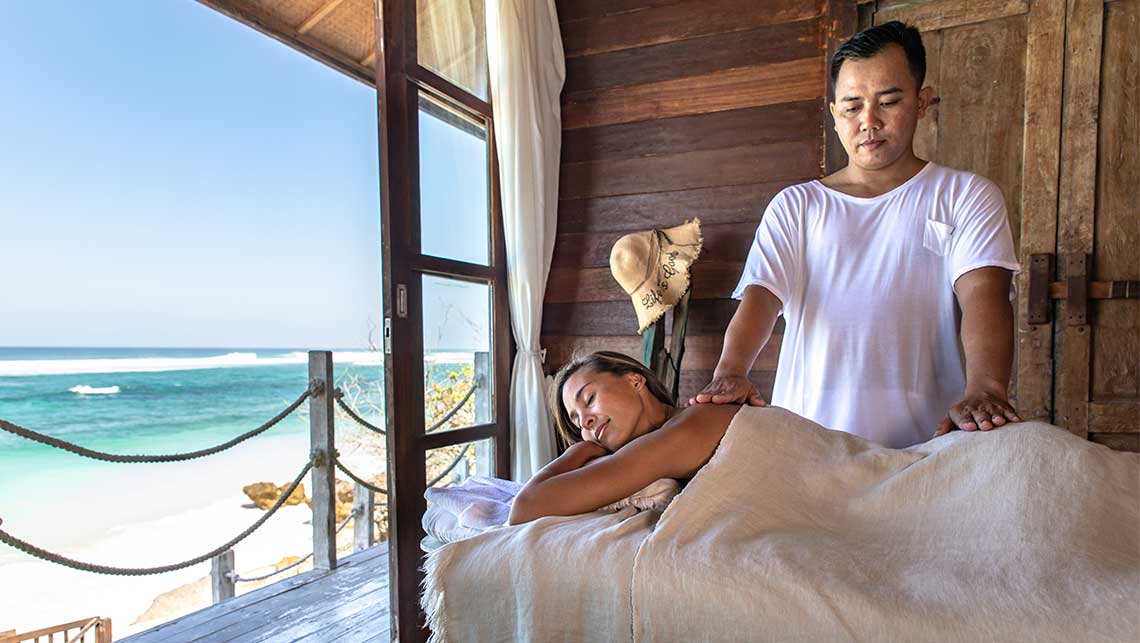
Karma Spa
Insights on the future of the wellness industry – by Jari Gaenshirt.
Graduate student in the hotel industry researches the current status and the future of the wellness industry in Bali…
Bali has undoubtedly been hit hard by the COVID-19 pandemic, suffering the most from an economic perspective compared to the rest of Indonesia. It is expected that tourism in Bali will not recover to the 2019 levels until at least 2024. Bali has always been known as a wellness epicenter, massages, spas, and luxury wellness retreats are commonplace all over the island.
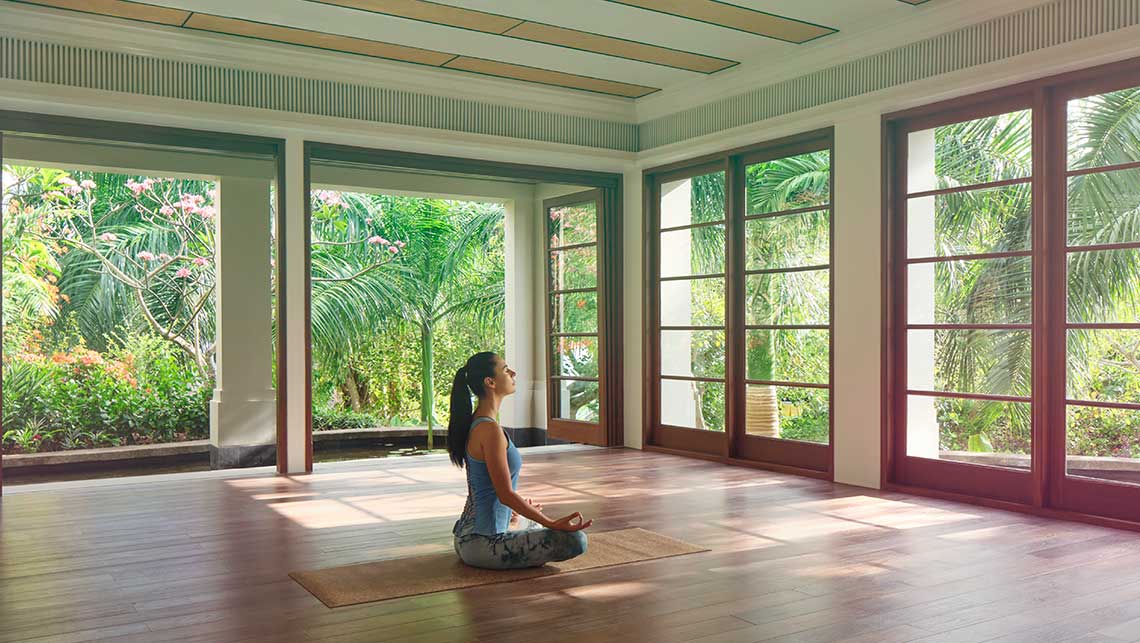
The Healing Village Spa at Four Seasons
In my research I conducted interviews with industry experts from the wellness industry in which I gained valuable insight on the changes COVID-19 has brought to the industry. It is important for businesses operating in wellness to be aware and consider these changes when planning ahead.
Changes in the wellness industry
Overall, the pandemic has made people more health conscious, presenting an opportunity for those in the wellness industry. Before the pandemic the wellness world was already moving towards a more preventative approach, with a stronger focus on health and fitness, and away from relaxation and pampering, COVID-19 has only accelerated the demand for result-based wellness, specifically on strengthening the Immune and respiratory system. Health enhancing activities are becoming the reason people come to wellness resorts, with an emphasis on activities involving functional fitness, breathwork and cold plunges.

Jamu Shack’s Fresh Immune System Boosters
The wellness industry has gone digital. COVID-19 has forced wellness businesses, practitioners and anyone involved in wellness to offer online solutions, examples being in the form of online meditation, online training, and online counseling sessions. The idea of Digital Wellness is here to stay, with many hospitality concepts already adopting online versions of their wellness program. By 2040 it is expected that a quarter of all health and wellbeing surveys will move to a form of virtual delivery.

Body Re-Boot Weekend at W Bali – Seminyak
Rapid Technological Advancements are happening within the wellness industry, wearable devices such as Fitbit and Apple watches are being adopted by the general population, people are becoming increasingly interested in data driven results. Moreover, more and more machines are being utilized within wellness resorts, this can include DNA testing, breathing measurement machines, oxygen infusions and cryotherapy. Funding within the wellness technology department has been drastically amplified due to COVID-19, the year 2020 alone almost doubled investments compared to previous pre-COVID-19 years

The Istana – Yogi Lab Headquarters
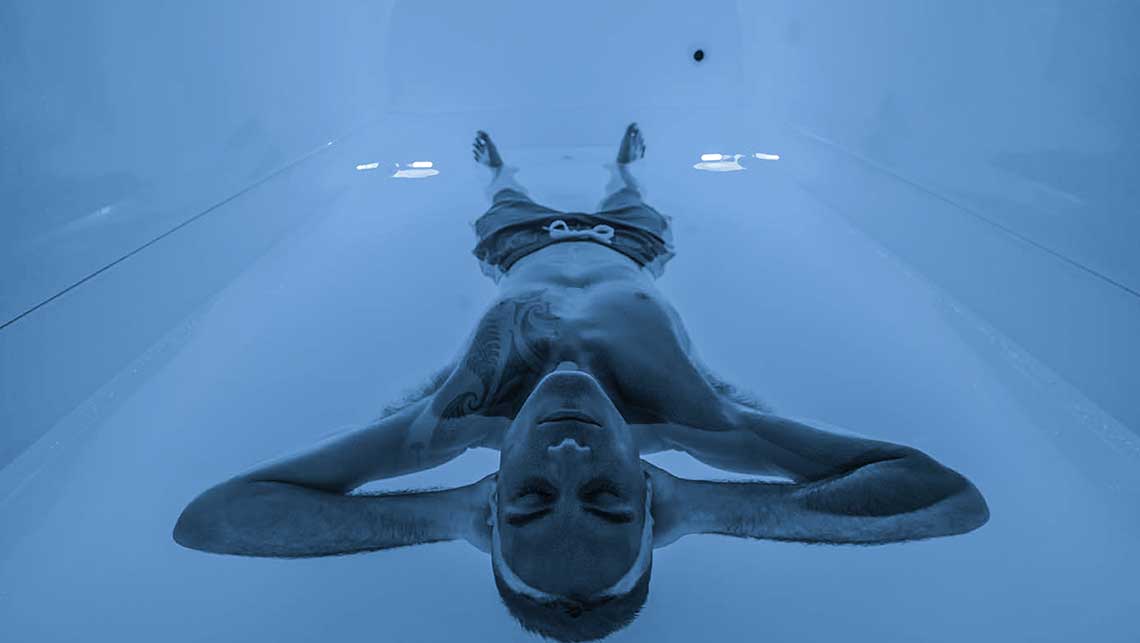
sol•ace Float
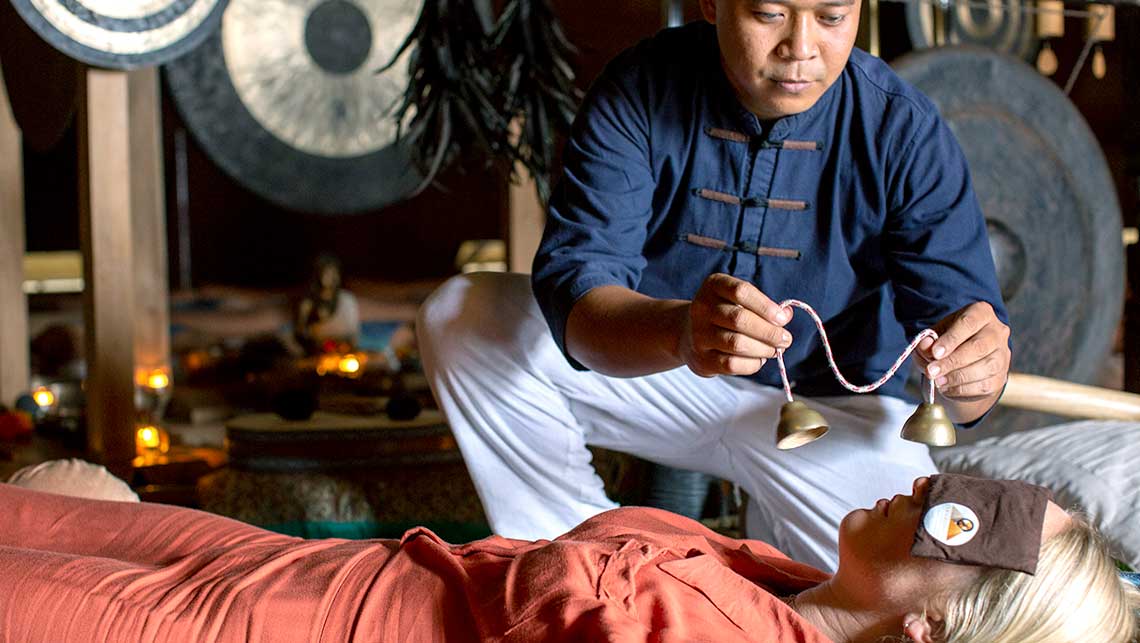
Pyramids of Chi
Marketing to the domestic tourist:
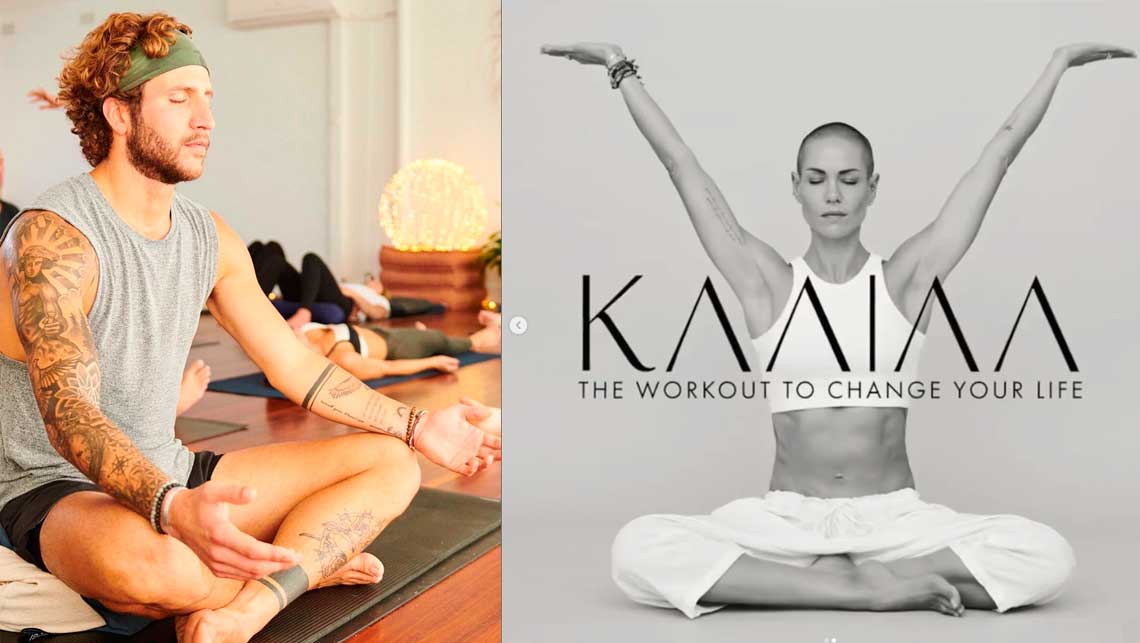
KAAIAA, Health & wellness
A crisis can offer new possibilities for organizations to discover new markets and capitalize on opportunities that were previously unknown. The younger Indonesian generation is beginning to become more interested in wellness, and Indonesians with a high degree of spending power will be found in the cities of Jakarta, and Surabaya. Due to the continuously changing needs of the hospitality industry, well thought out marketing strategies are needed for a hospitality business to increase customer trust and loyalty, which will in turn increase profits for the business. In Bali two forms of marketing are critical, word of mouth and social media, specifically Instagram, and increasingly TikTok for the domestic market.
Bali is no stranger to adversity, having bounced back from tsunamis, bombings and volcanic eruptions, this pandemic will make Bali stronger and more resilient. Local business owners must look to the future, having an opportunity to be innovative and creative, embracing the changes that the pandemic has caused. People in the hospitality industry need to do their utmost to build a strong brand reputation amongst domestic tourists, as the comeback of international tourism will take some time.
Jari Gaenshirt researches the Wellness industry in Bali
HotelSchool The Hague
Graduating February 2022